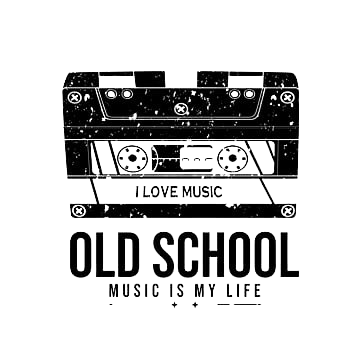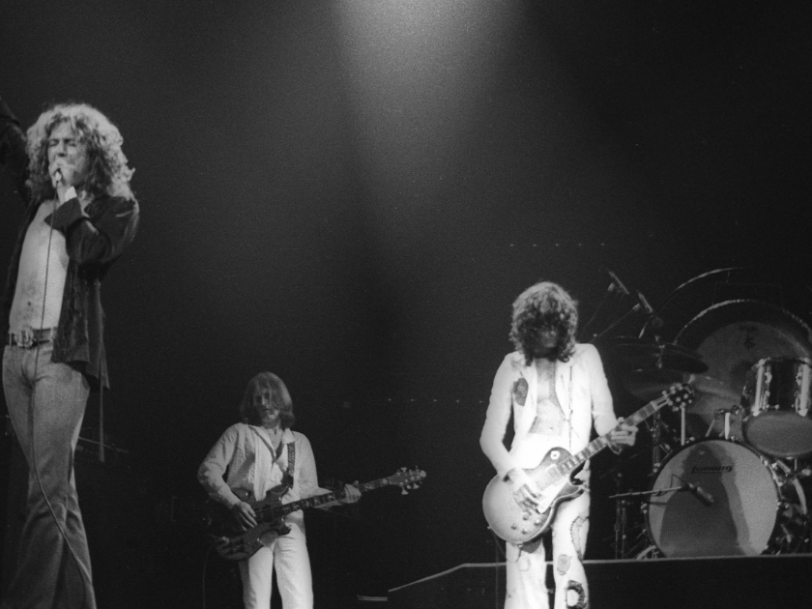Placed as the opening track on Led Zeppelin’s self-titled debut album, Good Times Bad Times was the first Led Zeppelin song most people heard. It was quite an introduction, too: with its dynamic, staccato opening, its razor-sharp riffs and storming chorus, it sounded like a classic from the off. And it was all done and dusted in two minutes 46 seconds, proving that this remarkable new band could write tight, accessible and radio-friendly rockers just as well as they could master epic hard-rock blowouts such as Dazed And Confused and How Many More Times.
THE BACKSTORY: “THE FIRST REHEARSAL WAS PURE MAGIC”
Astonishingly, the band laid the song (and, indeed, the entirety of the Led Zeppelin album) down in just a few weeks after they first set foot onstage together for their debut gig, at Gladsaxe, in Denmark, on 7 September 1968. At this embryonic stage, the group were still billed as “The New Yardbirds”, having yet to definitively pin down their name – but even at this point in their career, frontman Robert Plant, guitarist Jimmy Page, bassist John Paul Jones and drummer John Bonham knew the chemistry between them was undeniable.
“The first rehearsal was pure magic,” Jones enthused in Barney Hoskyns’ book Trampled Underfoot. “I suddenly realised there’s no dead weight in this band, and it was an exciting thing to find out.”
The newly christened Led Zeppelin wasted no time it taking that same vibe into the studio following the conclusion of their initial Scandinavian dates. With guitarist and prime mover Jimmy Page producing and Glyn Johns in the engineer’s chair, the group recorded all of their debut album’s nine songs in a matter of days, with the entire studio time reputedly exceeding no more than 36 hours in total.
“Led Zeppelin was created in a very crisp businesslike fashion,” Plant recalled in Trampled Underfoot. “Nobody really knew each other. The record and the jamming that developed was what it was and it was a very swift session. There were songs that began and ended cut-and-dried, like Communication Breakdown and Good Times Bad Times.”

